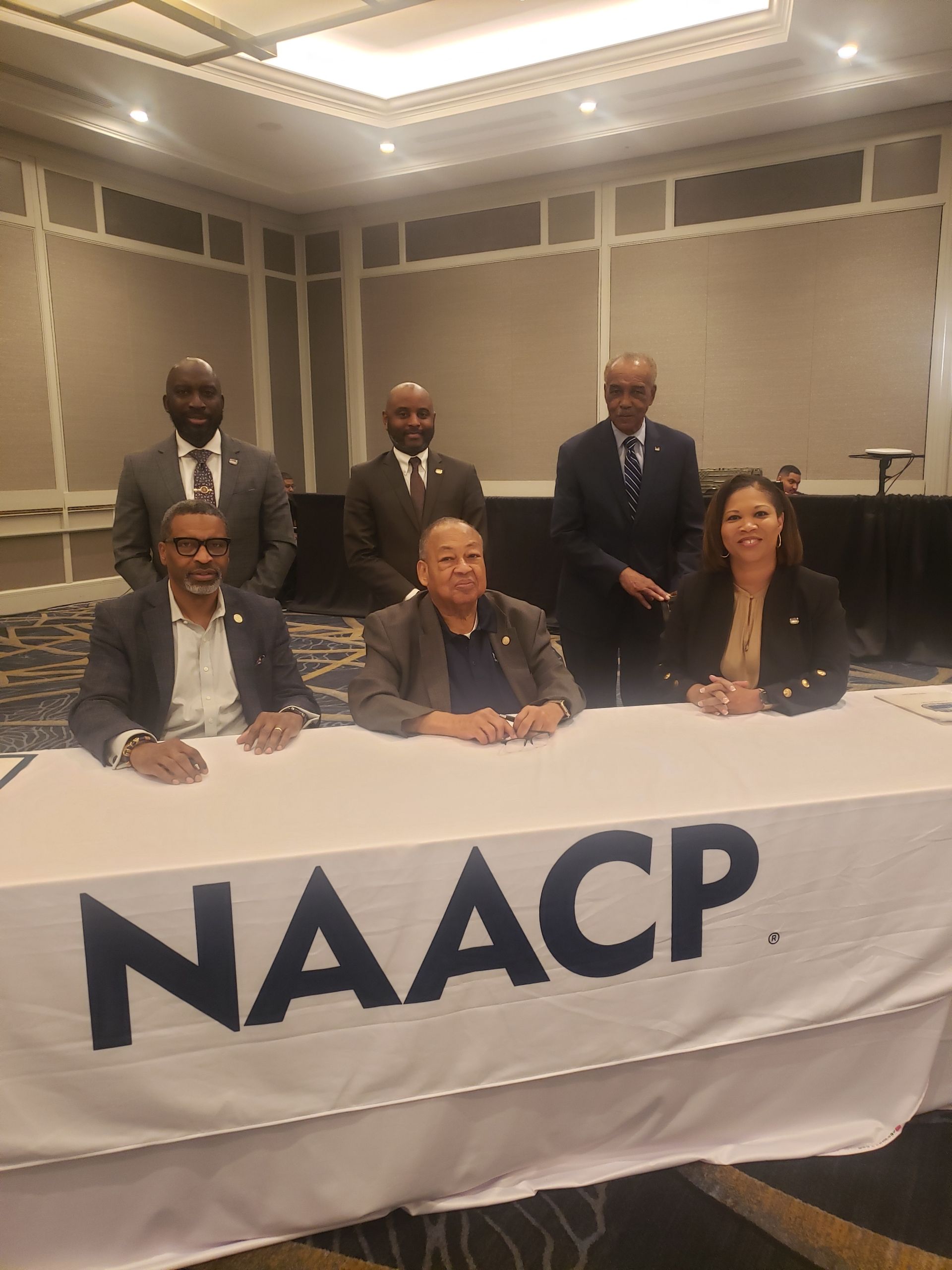How Closing The Racial Wealth Gap Would Change Black History
One of the more damaging aspects of Black history in America has been the lingering wealth gap along racial lines that disproportionately benefits white people. And while many people have offered up various solutions to first narrow and then close that persistent widening wealth gap between white folks and everybody else, the end goal has been elusive, to say the least.

But one of the most common ways proposed to help shrink the racial wealth gap has been through homeownership, something that has historically and negatively affected Black people, in particular, thanks to racist practices like “redlining” entire neighborhoods where white people did not live.
Economists have agreed that homeownership is a sound strategy to narrowing the racial wealth gap. But they also agree that because Black families have an exponentially lower net worth than white families, coming up with enough money for a down payment on a home is an impossibility for many.
Analysis from Forbes suggests that a combination of stricter enforcement of housing anti-discrimination laws and lower loan modifications could help create more Black homeowners, a status that can ultimately translate to the type of generational wealth via real estate that can prove transformational when it comes to personal finances. While the payout wouldn’t be immediate, if done right it would create a fundamental shift in the retention and distribution of wealth along racial lines.
To be sure, there are other ways economists say that narrowing and closing the racial wealth gap[ can be accomplished, including but not limited to evening the playing field in education — especially from a young age — and labor markets, including raising the minimum wage.
But homeownership seems to be the most foolproof method to close the racial wealth gap regardless of how realistically attainable either may be.
2020 Democratic presidential candidate Michael Bloomberg, a billionaire, has also been a major proponent of using homeownership to make inroads in the racial wealth gap and cited former President Barack Obama ’s now-defunct Neighborhood Equity and Opportunity Office that focused in part on Black and brown communities. Bloomberg in January told his supporters during a visit to Tulsa, Oklahoma — the early 1900s site of Black Wall Street with thriving Black-owned businesses that ended in violence during a race war waged by angry and jealous white people — that reopening the National Neighborhood Equity and Opportunity Office, which President Donald Trump rolled back, would be an economic game-changer for Black and brown folks.
“These things work. Obama started it, Trump canceled it, we got to bring it back,” Bloomberg said at the time. “If we could eliminate the racial wealth gap in this generation, we could add $1.5 trillion to the American economy. Everyone would benefit. So, what are we waiting for?”
Credits: NEWSONE
The post How Closing The Racial Wealth Gap Would Change Black History appeared first on National Association of Real Estate Brokers.


